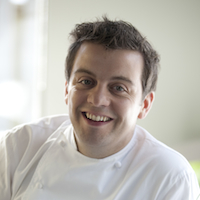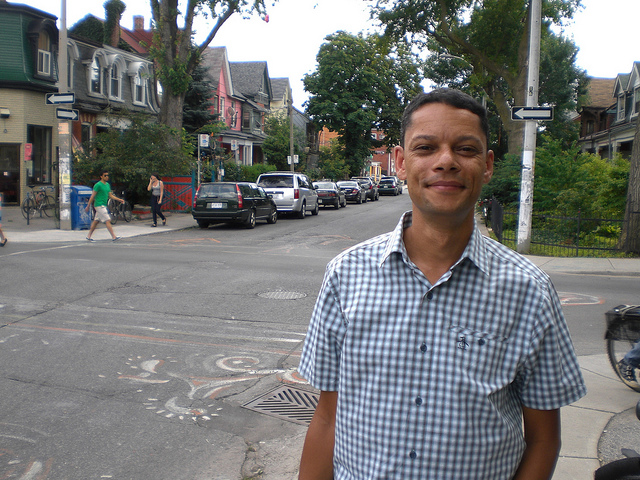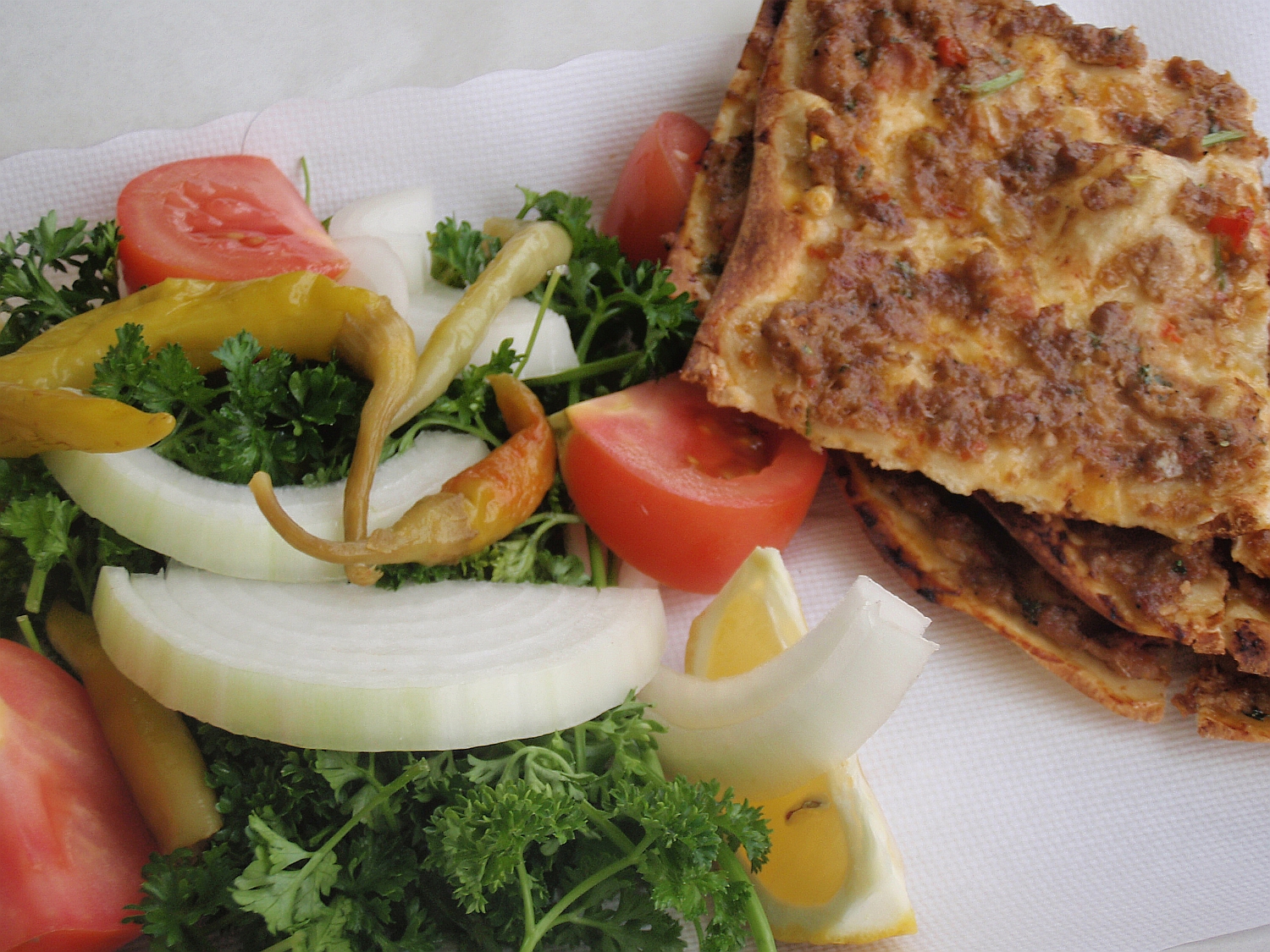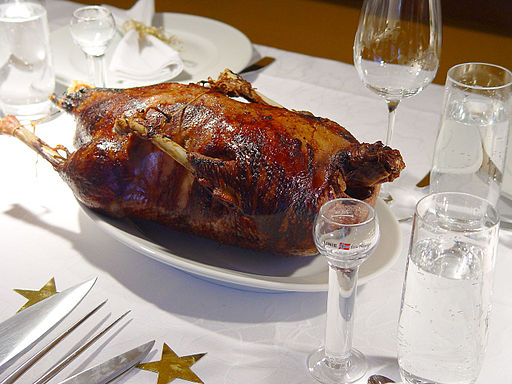by Beverley Ann D’Cruz
In January, budding chefs at the Stratford Chef School spent time with Michelin-starred chef Alexandre Gauthier, who visited for a second time to share his expertise. Considered one of France’s culinary stars, chef Gauthier boasts an impressive resume filled with international experience and the distinction of having cooked at the Hôtel Plaza Athénée’s Fou de France restaurant in Paris, on an invitation from the legendary Alain Ducasse. Counting culinary stalwarts, Gordon Ramsay and Ducasse as fans, chef Gauthier describes his food as ‘uninhibited’. “It won’t accept easy choices,” he says. “It involves contrasts, continuous experimentation”. His trip to Toronto also included announcing plans for the refurbishment of his family’s restaurant La Grenouillère. In between his busy schedule, he took time out to answer a few questions for Good Food Revolution.
GFR: What inspired the refurbishment of La Grenouillère?
AG: Alexandre Gauthier: I wanted a restaurant to look like me, as I was in my father’s restaurant doing my own cuisine.
GFR: Is the direction of the food going to be the same?
AG: Of course the same radicality of taste. ‘Pertinence a impertiner’ – a cuisine alive.
GFR: Where do you seek inspiration for your menu?
AG: Everywhere when I travel and when I meet people. Also, art exhibitions inspire me a lot.
GFR: Does maintaining a Michelin star put a lot of pressure on you?
AG: No. I do my job and Michelin does his job. But I don’t keep that idea in my mind. The most important is taking pleasure and giving pleasure.
GFR: What was is it like cooking at the Fou De France?
AG: It was important for me because it was the first time I cooked for so many journalists. I ran a risk because I cooked pigeon rare but everyone appreciated it. I also made about six or seven courses when the other chefs made around three or four.
 GFR:Who are your culinary role models?
GFR:Who are your culinary role models?
AG: Michel Bras because he is humble and has a lot of talent.
GFR: You’ve visited the Stratford Chef School before, what draws you back to teach these budding chefs?
AG: It’s a good experience because it keeps me motivated and get many new ideas. I also have the opportunity to cook with other products and in another place, which is a challenge.
GFR: According to you what defines a good chef?
AG: And what is a bad chef? What is the most important the technical skills or the human being? For me, both count.
GFR: What is the worst crime a chef could perform in the kitchen?
AG: Forgetting to take pleasure in doing his job.
GFR: What’s your idea of a perfect meal?
AG: It depends on the season, how many people I am with and if I am in love. Maybe you have to visit my restaurant to discover a ‘perfect meal’.
GFR: Three ingredients you can’t do without – and why?
AG: Black pepper because it is the only spice I use, fleur de sel to season and shellfish because it is my identity – I love the flavour of the sea.
GFR: Cheese course or dessert?
AG: Cheese because desserts in a restaurant often disappoint. That is why I work very hard on my desserts. I love Comte cheese (the area my grandparents are from). And cheese goes better with wine.
GFR: What’s your opinion of the food scene in Toronto?
AG: You can find lots of different cuisines in Toronto from all over the world. I discovered Rodney’s Oyster House and I really liked this kind of restaurant as they use one perfect product in a really coherent place. So it was a very nice moment.
 Mississauga-based Journalist Beverley Ann D’Cruz blogs about food and nutrition at Potato Chops and Boneless Chicken and Tweets under the handle @Flotch
Mississauga-based Journalist Beverley Ann D’Cruz blogs about food and nutrition at Potato Chops and Boneless Chicken and Tweets under the handle @Flotch









Trackbacks/Pingbacks